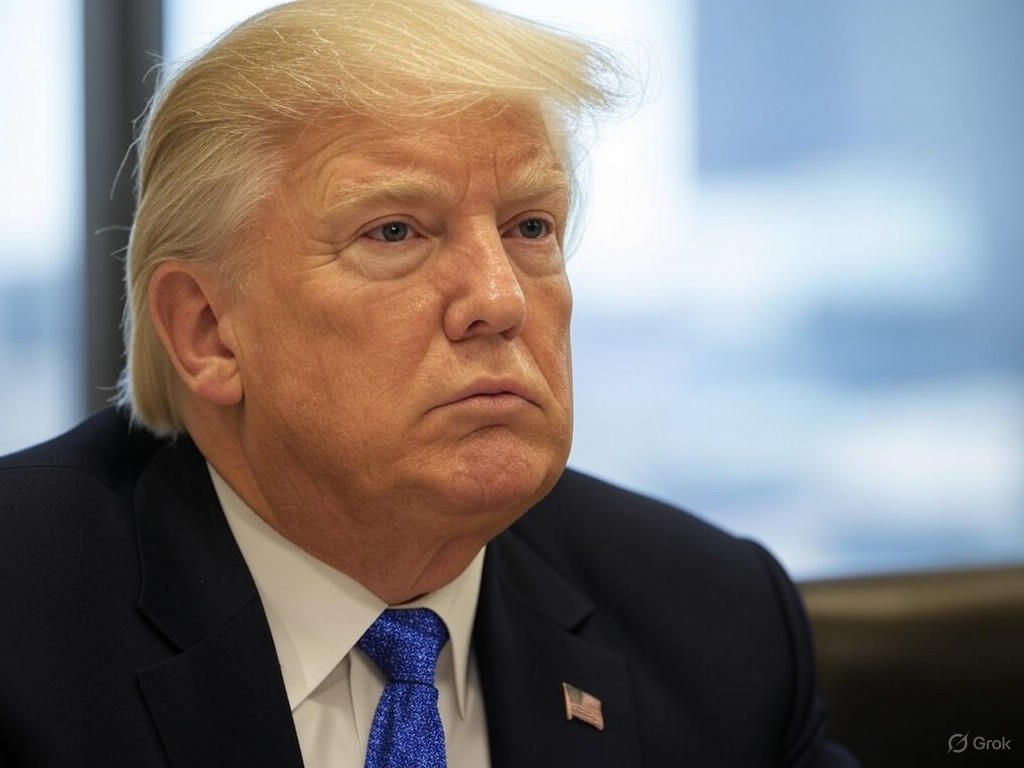Navigating the Storm: Trump’s Fed Criticism Puts Powell in a Tough Spot
The ongoing tension between former President Donald Trump and Federal Reserve Chairman Jerome Powell has thrust the central bank into an unprecedented spotlight. Trump’s persistent public critiques of the Fed’s monetary policies, particularly on interest rates, have created a challenging environment for Powell, who must balance economic stability with political pressure. This dynamic raises questions about the independence of the Federal Reserve and the potential long-term implications for financial markets.
At the heart of the issue is Trump’s vocal dissatisfaction with the Fed’s approach to managing inflation and economic growth. He has repeatedly argued that interest rates should be lower to stimulate business investment and consumer spending, especially in the face of global economic uncertainties. While Trump no longer holds office, his influence within political and business circles remains significant, amplifying the impact of his statements. Each tweet or interview criticizing Powell’s decisions sends ripples through Wall Street, as investors grapple with the uncertainty of how much political rhetoric could sway policy.
For Powell, the situation is a delicate balancing act. The Federal Reserve’s mandate is to maintain price stability and maximize employment, free from political interference. Historically, the Fed has prided itself on its autonomy, making decisions based on data and long-term economic forecasts rather than short-term political agendas. However, Trump’s relentless commentary has placed Powell in a no-win scenario. If he appears to bend to external pressure by adjusting rates, it risks undermining the Fed’s credibility as an independent institution. On the other hand, ignoring the criticism entirely could escalate tensions and fuel narratives of disconnect between the Fed and public concerns.
Market analysts are divided on the potential outcomes. Some believe that Powell will hold firm, prioritizing the Fed’s data-driven approach over political noise. Others caution that sustained public pressure could indirectly influence the Fed’s decision-making, even if only by shaping public perception. The stakes are high, as any misstep could lead to volatility in stock markets, impact consumer confidence, or even affect the dollar’s strength on the global stage. Additionally, the situation underscores broader concerns about the politicization of economic policy, a trend that could erode trust in key institutions if left unchecked.
As this saga unfolds, the business community and everyday Americans alike are left watching closely. The Federal Reserve’s actions in the coming months will not only shape the trajectory of the U.S. economy but also set a precedent for how much political influence can seep into monetary policy. For now, Powell remains at the helm of a ship navigating turbulent waters, with Trump’s words acting as unpredictable gusts. Whether the Fed can stay its course without succumbing to external forces will be a defining test of its resilience and a critical factor in maintaining economic stability for years to come.


